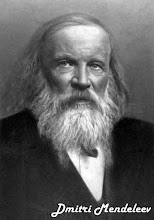Here's is a look at the major elements in the body and what these elements do.

1. Oxygen is necessary for respiration. You will find this element in the lungs, since about 20% of the air you breathe is oxygen.

2. Carbon is ingested in food that is eaten and breathed in as a component of air. It is found in the lungs as a waste product of respiration, carbon dioxide.

3. Hydrogen is a component of the water molecules in the body, as well as most other compounds.

4. Nitrogen gas is found in the lungs, since most of the air you breathe consists of this element. Nitrogen is a component of proteins, nucleic acids, and other organic compounds.

5. Calcium is also found in the nervous system, muscles, and the blood where it is integral in proper membrane function, conducting nerve impulses, regulating muscle contractions, and blood clotting.

6. Phosphorus is part of nucleic acids, energy compounds, and phosphate buffers. The element is incorporated into the bones, combines with other elements including iron, potassium, sodium, magnesium and calcium. It is necessary for sexual function and reproduction, muscle growth, and to supply nutrients to the nerves.

7. Potassium is important for membrane function, nerve impulses, and muscle contractions. Potassium cations are found in cellular cytoplasm. The electrolyte helps to attract oxygen and remove toxins from the tissues.

8. Sodium is important for proper nerve and muscle function. It is excreted in perspiration.

9. Chlorine is a part of hydrochloric acid, used to digest food. It is involved in proper cell membrane function.

10. Magnesium is needed for strong teeth and bones.

11. Sulfur is a component of many amino acids and proteins.







